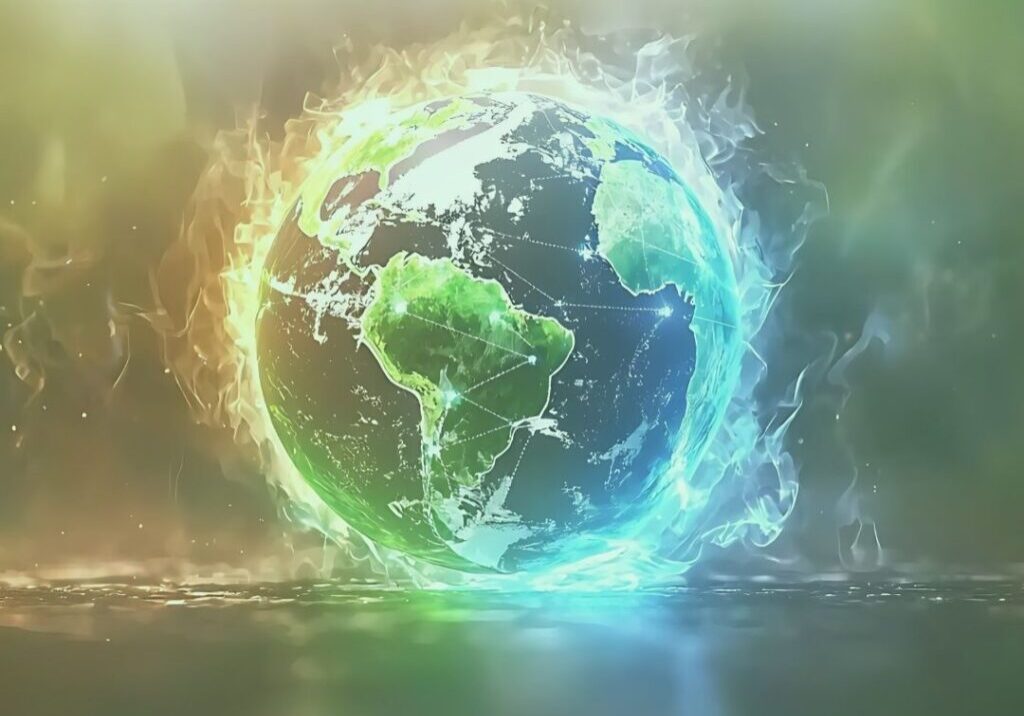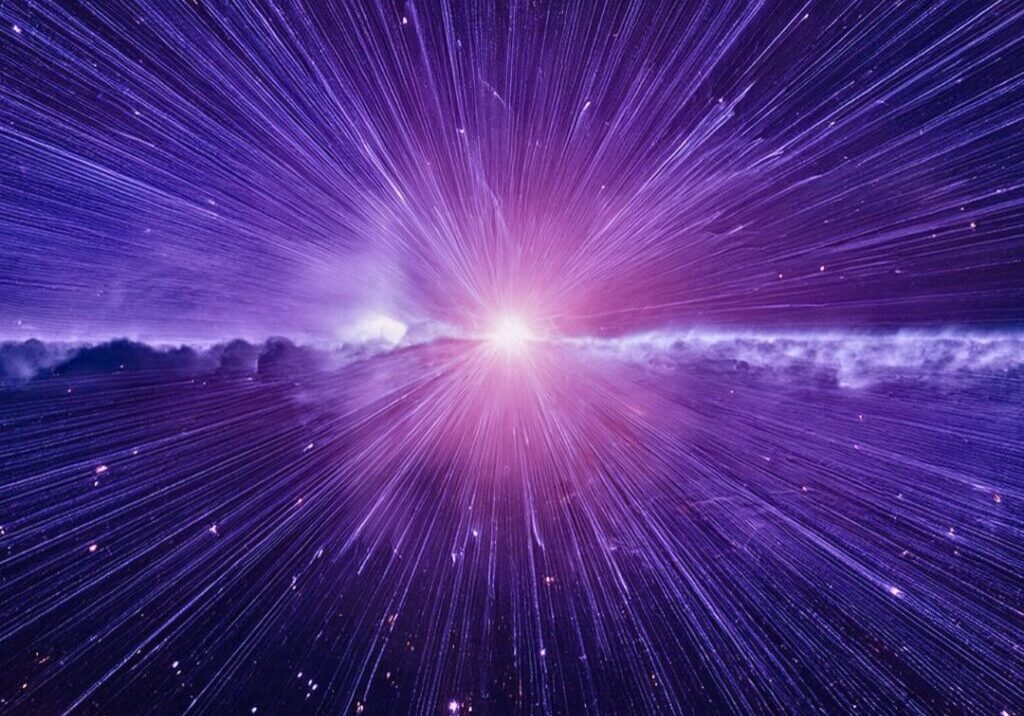The Risen Christ and the Power of Love
Image: Pysanky (Easter eggs), Kiev, Ukraine
 It is day 45 of the Russian War against Ukraine. This evening I am reflecting on the atrocities inflicted upon the Ukrainian people in a particular way, a personal way, because Ukrainian culture is part of my background. I was taught by Ukrainian Sisters in High School and later joined a Byzantine-rite monastery. I studied four years of Slavonic in High School (although I remember very little) and was inculcated in the traditions of the Ukrainian people. In my Senior year, I took up traditional Ukrainian dance, primarily because I liked the clothes, but also because Ukrainian dancing is beautiful and energetic. When I was not dancing, I was singing in Ukrainian, praying in Ukrainian, eating Ukrainian food such as holubtsi, borscht and pieroghi’s and, as a typical high student, practicing how to insult a classmate in Ukrainian. Some of my most poignant High School memories, however, were the stories told of families emigrating from the Ukraine to the U.S. after the horrors of the Stalin regime during the Second World War. One Ukrainian Nun recounted how her family left everything behind and emigrated to Canada with nothing more than a suitcase and a coat. The hard life of the Ukrainian people was countered by the warm love shared among family and community, in which faith played a central role. Indeed, despite the revelry and antics of my Ukrainian high school years, it was going to Mass every morning in Old Slavonic that awakened in me a deep sense of the mystery of God.
It is day 45 of the Russian War against Ukraine. This evening I am reflecting on the atrocities inflicted upon the Ukrainian people in a particular way, a personal way, because Ukrainian culture is part of my background. I was taught by Ukrainian Sisters in High School and later joined a Byzantine-rite monastery. I studied four years of Slavonic in High School (although I remember very little) and was inculcated in the traditions of the Ukrainian people. In my Senior year, I took up traditional Ukrainian dance, primarily because I liked the clothes, but also because Ukrainian dancing is beautiful and energetic. When I was not dancing, I was singing in Ukrainian, praying in Ukrainian, eating Ukrainian food such as holubtsi, borscht and pieroghi’s and, as a typical high student, practicing how to insult a classmate in Ukrainian. Some of my most poignant High School memories, however, were the stories told of families emigrating from the Ukraine to the U.S. after the horrors of the Stalin regime during the Second World War. One Ukrainian Nun recounted how her family left everything behind and emigrated to Canada with nothing more than a suitcase and a coat. The hard life of the Ukrainian people was countered by the warm love shared among family and community, in which faith played a central role. Indeed, despite the revelry and antics of my Ukrainian high school years, it was going to Mass every morning in Old Slavonic that awakened in me a deep sense of the mystery of God.
One thing I learned from the Ukrainian people was the power of faith. The hardships of life, the trials and tribulations of persecution, and the constraints of freedom could not snuff out the centrality of God’s love and commitment to God’s promises. Faith was a serious matter. One of my most memorable experiences in the monastery was going on retreat with Fr. Walter Ciszek, the Jesuit priest who was sent on as a missionary to Soviet-occupied Poland in 1939, found his way into Russia, arrested in 1941 as a Vatican spy, and held in solitary confinement for five years in Lubianka prison, which was operated by the Soviet secret police. Upon his release from prison, Fr. Walter was sentenced to twenty-three years of hard labor in Siberia. His family, friends and community gave him up for dead. But Fr. Walter remained true to his Jesuit commitment and continued to serve as a priest underground, while living in the harsh conditions of exile. After he served his years of slave labor, he was released within restricted Russian borders; eventually, he was able to send a letter back home to his family. In 1963 he was exchanged for a Russian spy and returned to his religious community at Fordham University.
In his books, With God in Russia and He Leadeth Me, Fr. Walter recounted his journey through darkness and doubt, especially during his years of solitary confinement. While in Lubianka prison he descended into darkness–the cramped prison cell, the endless interrogations, and the deafening silence in the endless solitude of his confinement—led him at times to doubt and despair. However, his deep commitment of faith never disappeared, and one day, in an unexpected way, a ray of light radiated from within, and in a moment of grace, he surrendered himself completely to God. He wrote:
There was but a single vision, God, who was all in all; there was but one will that directed all things, God’s will. I had only to see it, to discern it in every circumstance in which I found myself and let myself be ruled by it. God is in all things, sustains all things, directs all things. To discern this in every situation and circumstance, to see His will in all things, was to accept each circumstance and situation and let oneself be borne along in perfect confidence and trust. Nothing could separate me from Him, because He was in all things. No danger could threaten me, no fear could shake me, except the fear of losing sight of Him.
The future, hidden as it was, was hidden in His will and therefore acceptable to me no matter what it might bring. The past, with all its failures, was not forgotten; it remained to remind me of the weakness of human nature and the folly of putting any faith in self. But it no longer depressed me. I looked no longer to self to guide me, relied on it no longer in any way, so it could not again fail me.
By renouncing, finally and completely, all control of my life and future destiny, I was relieved as a consequence of all responsibility. I was freed thereby from anxiety and worry, from every tension, and could float serenely upon the tide of God’s sustaining providence in perfect peace of soul.” (He Leadeth Me, 79-80).
From that moment on, Fr. Walter made God the singular focus of his heart. By re-centering his heart in the heart of God, he found peace, even amidst the uncertainty of his future. One could describe his life as a long via dolorosa of twenty-three years. The human toil of slave labor, the poor conditions of the camp, and the constant threat of death, constantly challenged his faith; yet he persevered in daily prayer, like a rhythmic heartbeat. Like Jesus in the Garden of Gethsemane, Fr. Walter surrendered himself entirely to the power of God’s merciful love. Trusting in God’s love, Fr. Walter found peace and the will to live. This Jesuit priest, who was considered dead for over two decades, was kept alive by the power of faith.
When I think of Fr. Walter and my Ukrainian Sisters, I am reminded of the centerpiece of Christian faith: the Resurrection of Jesus Christ. This is not a magical event but a belief in the power of matter to be transformed into what is holy and Godly. With God all things are possible, precisely because nothing in this world, including suffering and death are outside the embrace of God’s love. God’s willingness to suffer unto death begins in love. On the cross not only is suffering taken up in the life of God; history is too. God suffers from the love which is the superabundance and overflowing of God’s being. The German theologian Jurgen Moltmann said that a God who cannot suffer, cannot love. The cross is key not only to human brokenness, but to God as well. The cross reveals to us the heart of God because it reveals the vulnerability of God’s love. Cardinal Walter Kasper wrote that on the cross the incarnation of God reaches its true meaning and purpose. The entire Christ-event reaches its full disclosure in the cross, where we see God’s self-renouncing love embodied with ultimate radicalness.This self-renunciation or self-emptying of God is not abandonment of divine power or a de-divinization of God. . .but the revelation of the divine God. God need not strip himself of divine omnipotence in order to reveal his love. Rather, only an almighty love can give itself wholly to the other and be a helpless love.
What does the helplessness of God’s love mean for us? Simply, that divinity is no longer a power over us but now within us. God’s love becomes the human power to love, and this power to love, welling up from within, can face all obstacles, including the fear of death, because one no longer fears the brutality of humanity or the darkness of uncertainty. Faith in the power of God’s love is faith in the future fullness of life. Those who remain steadfast in faith, can see a dim light shining through the dark clouds of human chaos. They are awakened to the presence of God and feel the divine heart beating amidst the ruins of power and destruction. This beating heart of divine love enkindles in them the will to live, not merely survive, but to be victorious over all human powers that aim to destroy. This meeting of God, in the face of death, is Resurrection.
As we come to the end of the Lenten season, I am reminded of the change of tones in the Byzantine Rite; the sonorous and mournful chants will be transformed by the paschal mystery into joyful exclamation, Christos Voskrese! Christ is risen from the dead — by death he conquered death and to those in the grave he granted life. We are invited into the darkness of the tomb where Jesus was buried and experience the death of God; to know that death does not have the last word because God is life itself. This is the great mystery of divine love. Only when Christ rises from the dead in all of us will this world know peace; for then love alone will prevail and the whole cosmos will sing for joy.
 View print-friendly version
View print-friendly version
24 Comments
Related Posts

The Earth Groans, AI Grows: Who Guides the Flame?
In this critical moment of planetary history, where ecosystems collapse, artificial intelligence proliferates, and human meaning trembles on the edge of uncertainty, we are faced with a profound question: What kind…


[…] her recent blog, “The Risen Christ and the Power of Love” (April 10, 2022) Ilia Delio wrote with great appreciation for her high school experiences of […]
I’m so happy to read your post, Madonna; my thoughts run in that direction, too. I didn’t understand Ilia’s remarks to say that the evil in the world is God’s will. I understand her to say that we cannot always control the bad things that happen, although we try. But when our power has run out, we submit to our circumstances knowing God is there and loves us through it. We live in a valley of tears which we are always trying to make better but never escape from entirely until we’ve passed through the veil.
Dear Ilia, Thank you for all your deep and beautiful thought and action. I too spent some years in “Religious Life.” That experience has never left me. Now at 93, I find many deep things essentially the same as when I first learned them. Many others have been transformed for me, and still more have been left aside. I have been blessed with so many friends–deep friends–far beyond what I could conceivably deserve. Thus, for many years now my inner life has been transformed into one of nearly constant “Thanksgiving.”
I am particularly grateful for the developments in science that lays out the vast, endless, understanding of the incomprehensible expanding universe, emerging from the “beginning” tinier than an atom 13.8 billion years ago, expanding at the rate of 186,000/mph into Beeong,ing,ing……., not just quantitatively, but,vastly more importantly, qualitatively. In English we name/mumble this Beeeeeeeeee…..g “God.” We humans have many, many self-told “descriptions” and corresponding names for this Endless…. The more we learn, the more we learn we have yet to learn. Our yearning “grasp” is drawn on endlessly in all directions–not just to an endlessly becoming future, but also to a bottomless Beginningess…. Whence and Whither, whose depths we will never reachhhhhh….
Len Swidler dialogue@temple.ecu
Thank Sr Ilia for bringing me home again.
How difficult it is for us to accept life as it is without trying to control it, change it, or be stimulated by cultural distractions.
Peace and Love to all,
John